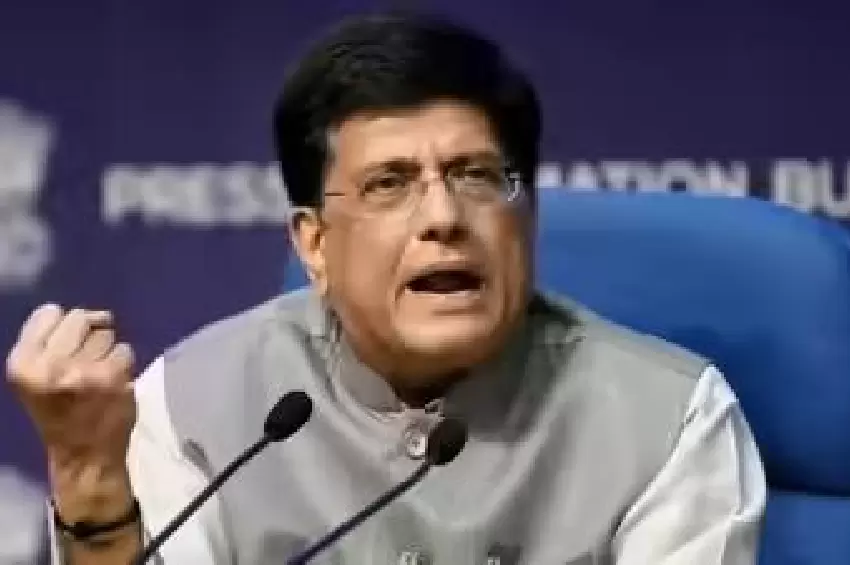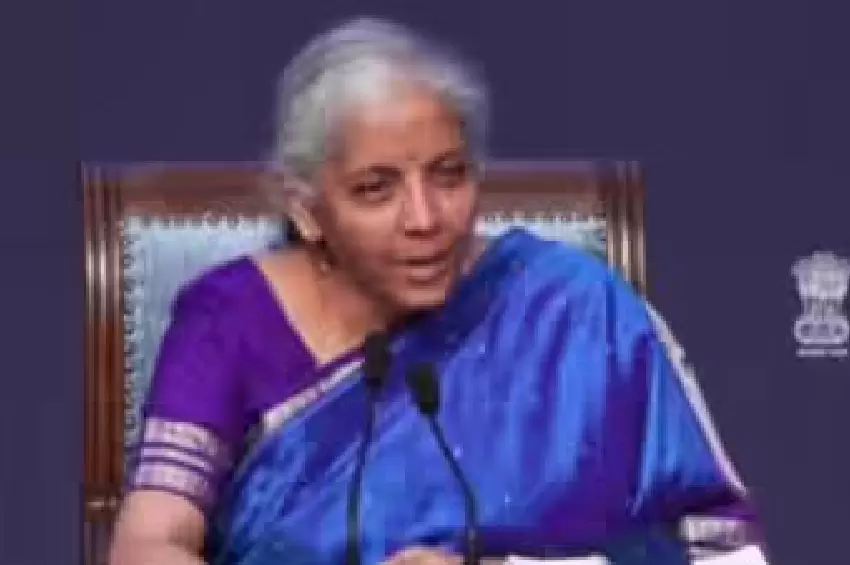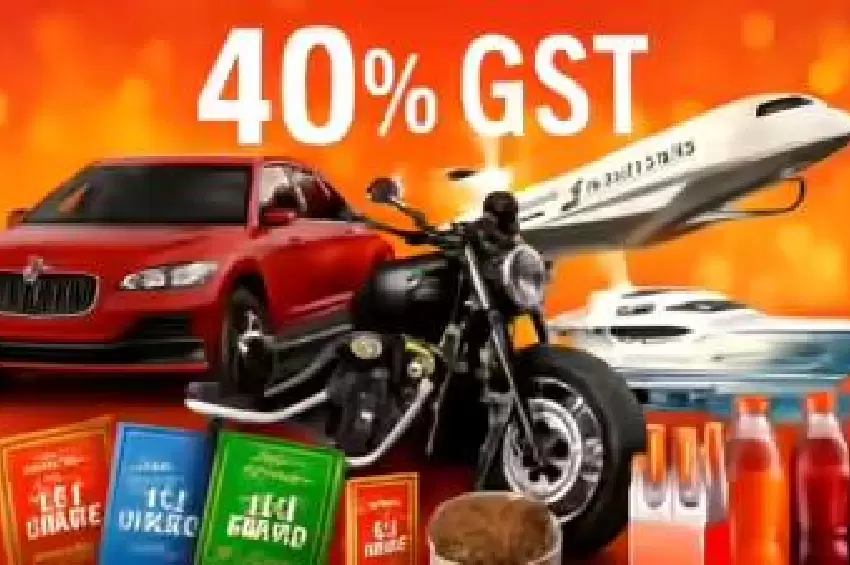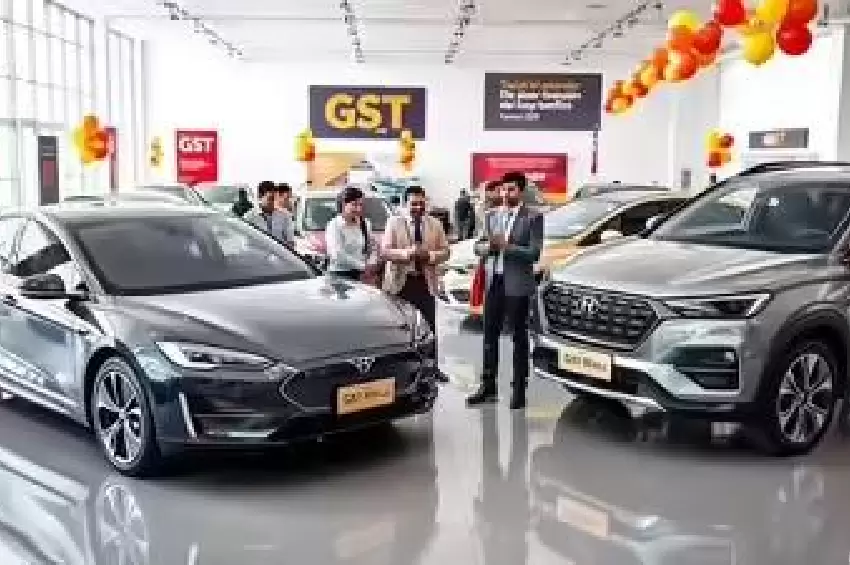India's Leap Towards Clean Mobility
Niti Aayog has called for a National Electric Vehicle (EV) policy with clear targets to fast-track India's transition to clean mobility. The proposal aims to achieve a 30% EV sales share by 2030, marking a significant step towards reducing carbon emissions and fostering sustainable transportation.

Strategic Recommendations for EV Adoption
The report suggests phased regulatory frameworks and Zero Emission Vehicle (ZEV) mandates to encourage EV production and discourage internal combustion engine vehicles. It emphasizes the importance of expanding corporate average fuel efficiency (CAFE) norms and introducing disincentives for traditional vehicles.
Enhancing Affordability and Infrastructure
To make EVs more accessible, the Aayog proposes a pooled fund for low-interest loans and prioritizes service delivery models over asset ownership. Additionally, scaling R&D to reduce battery costs and enhancing charging infrastructure are highlighted as critical enablers for EV adoption.
Challenges and Opportunities
Despite progress, India's EV penetration remains modest at 7.6% in 2024, necessitating a rapid scale-up to meet the 2030 target. The report underscores the need for reliable data, public awareness, and strategic policies to overcome barriers and unlock the full potential of India's EV market.









Comments